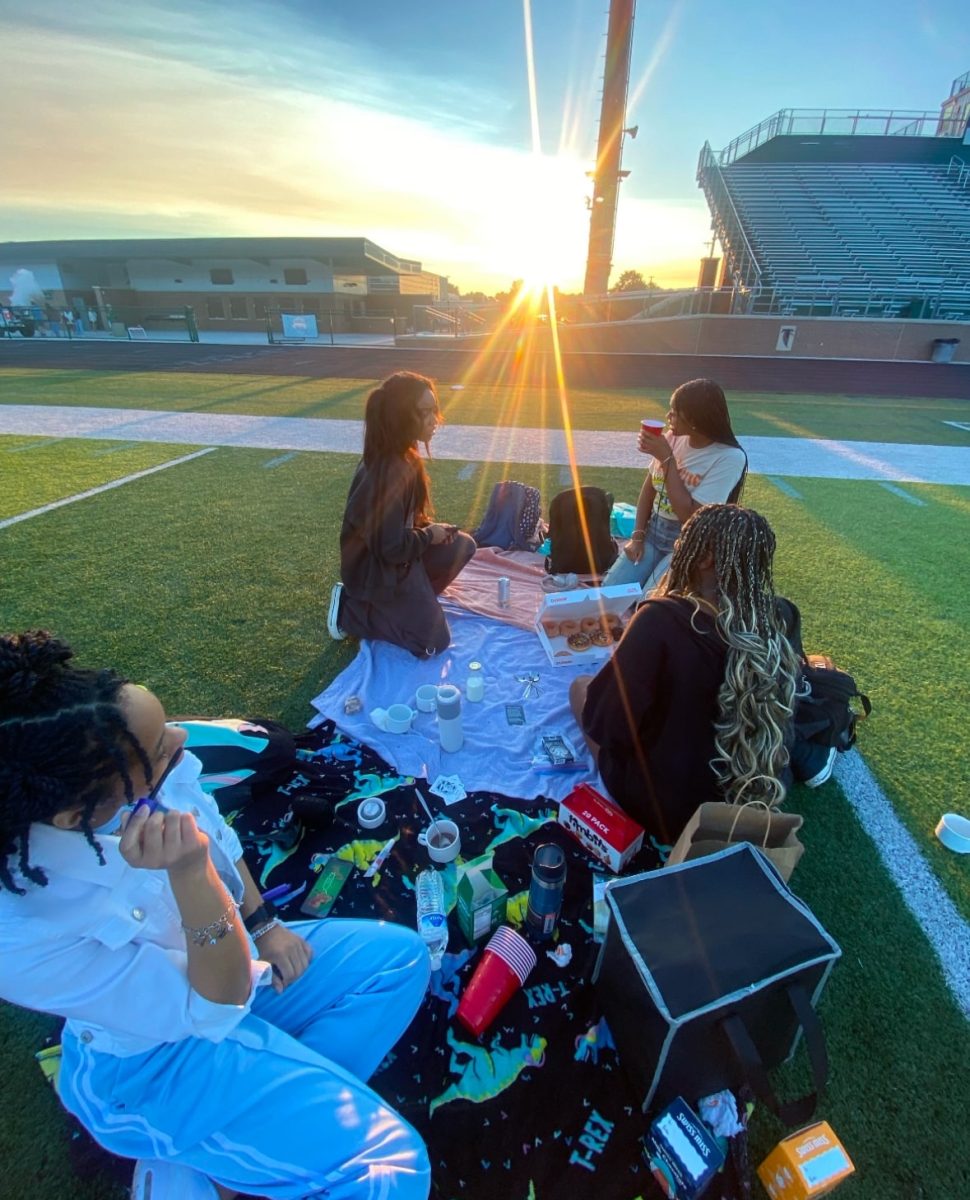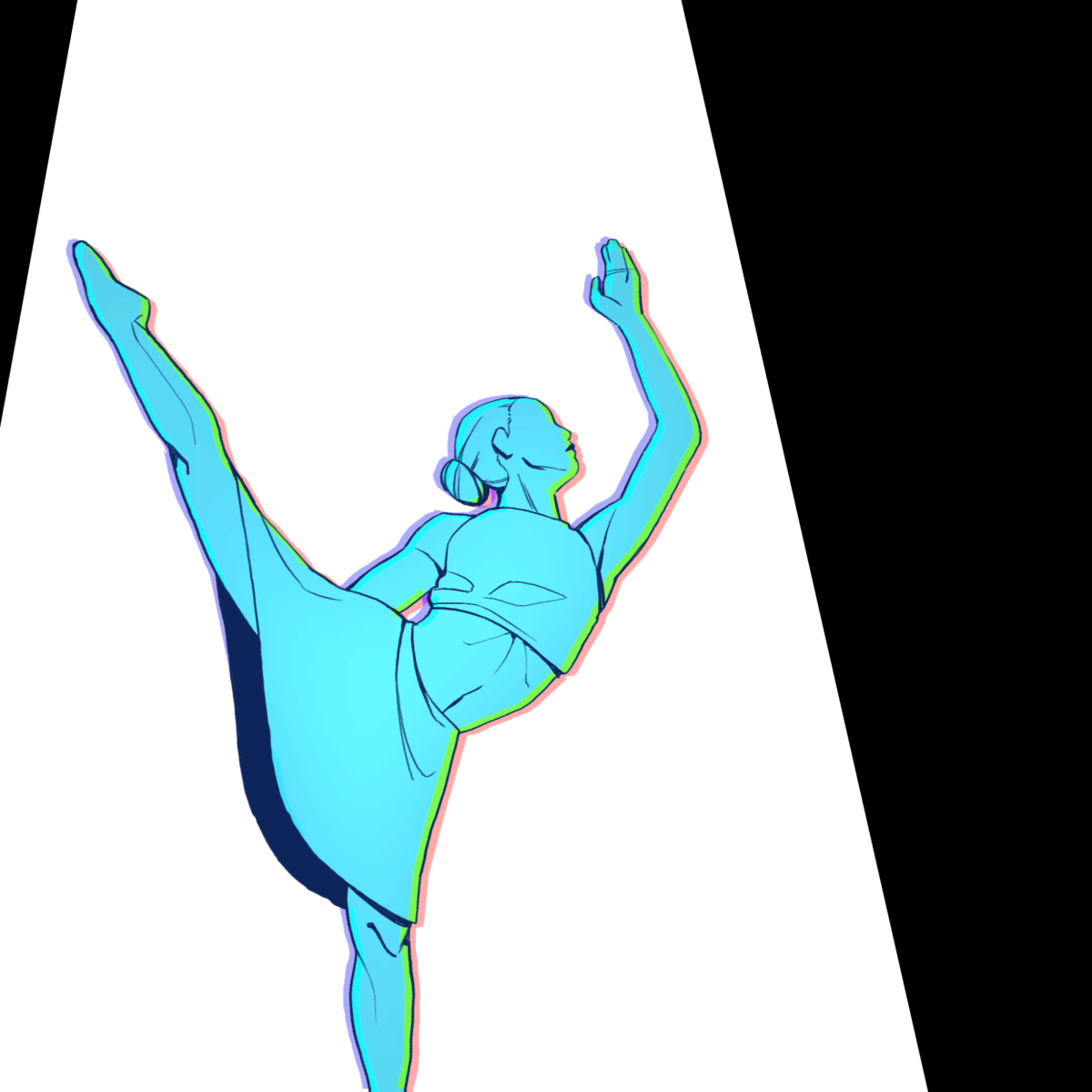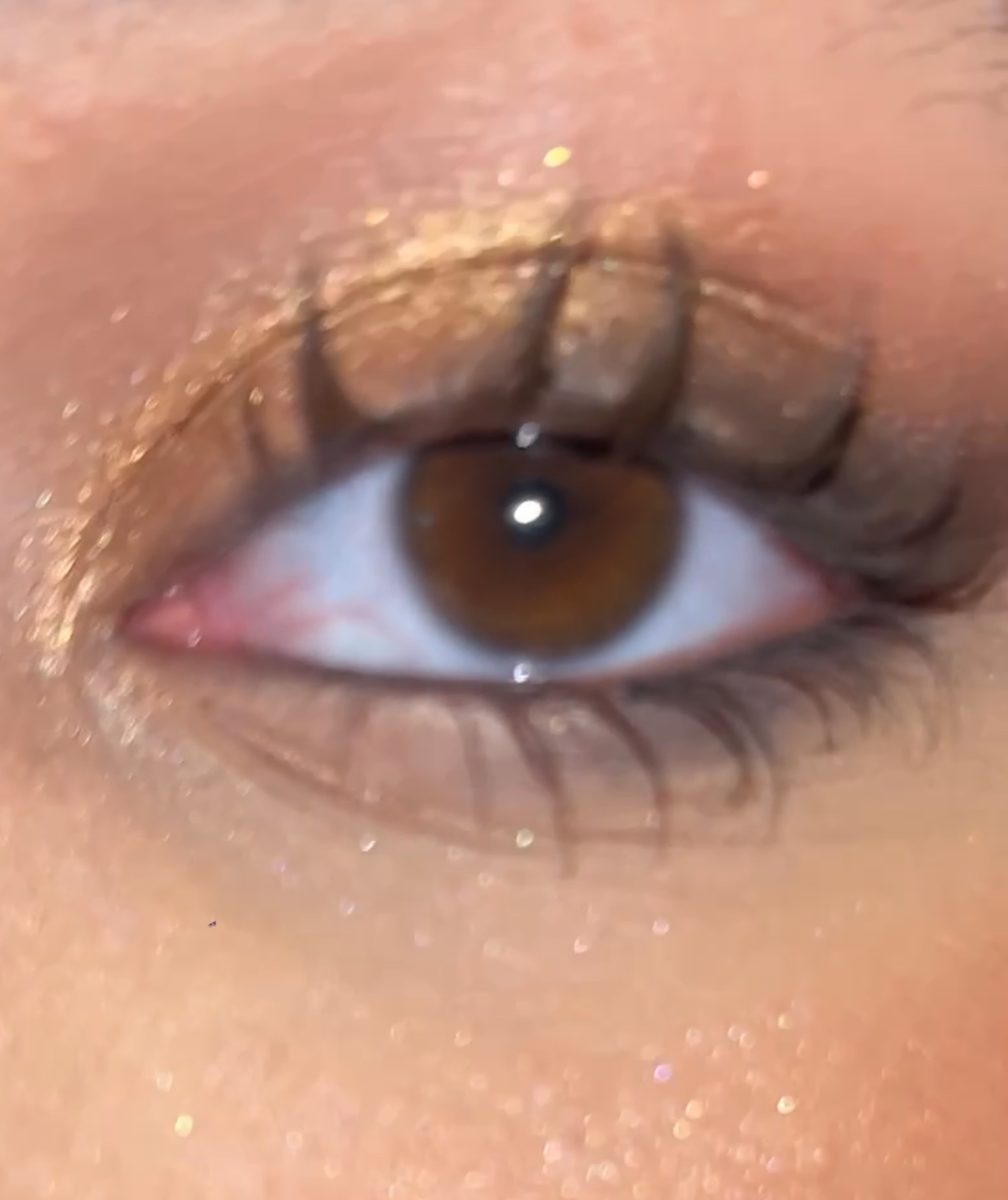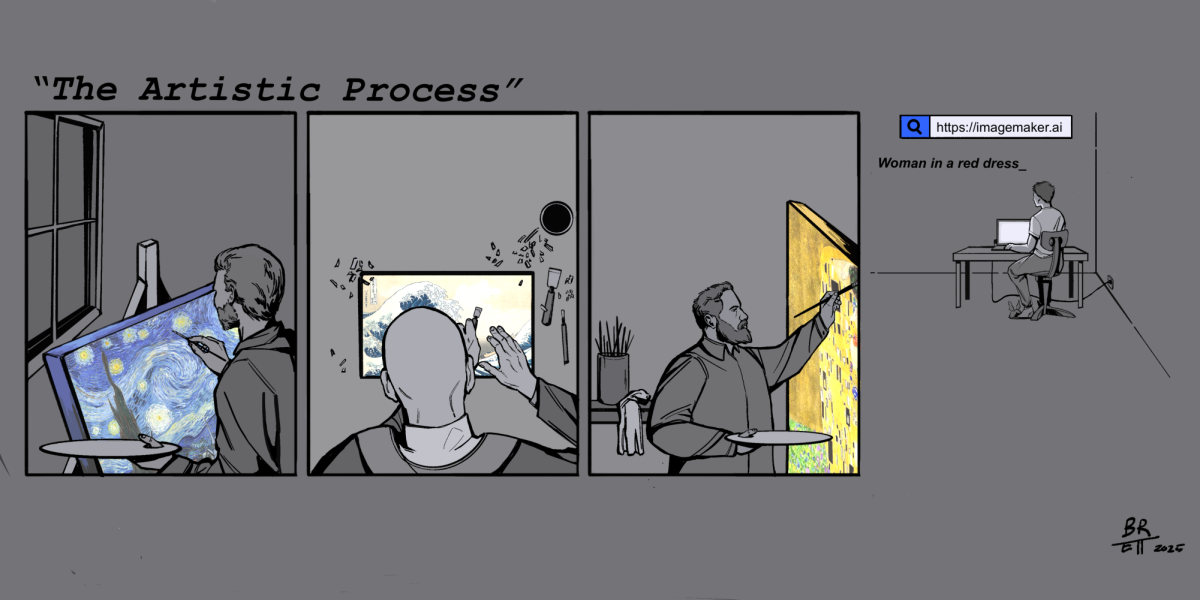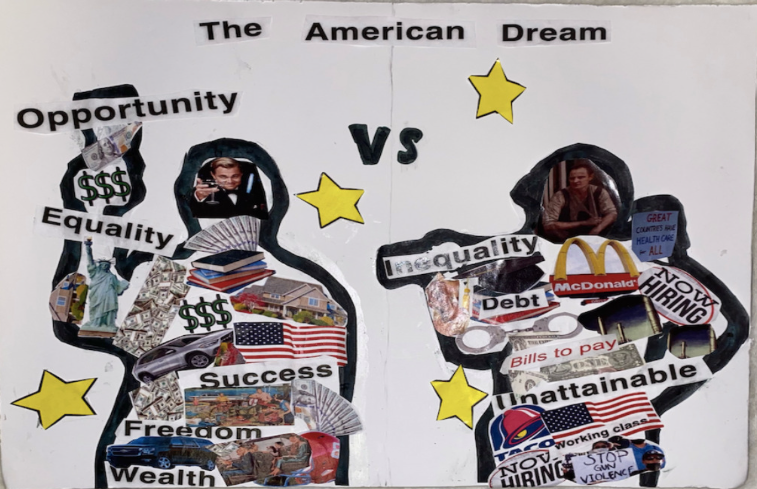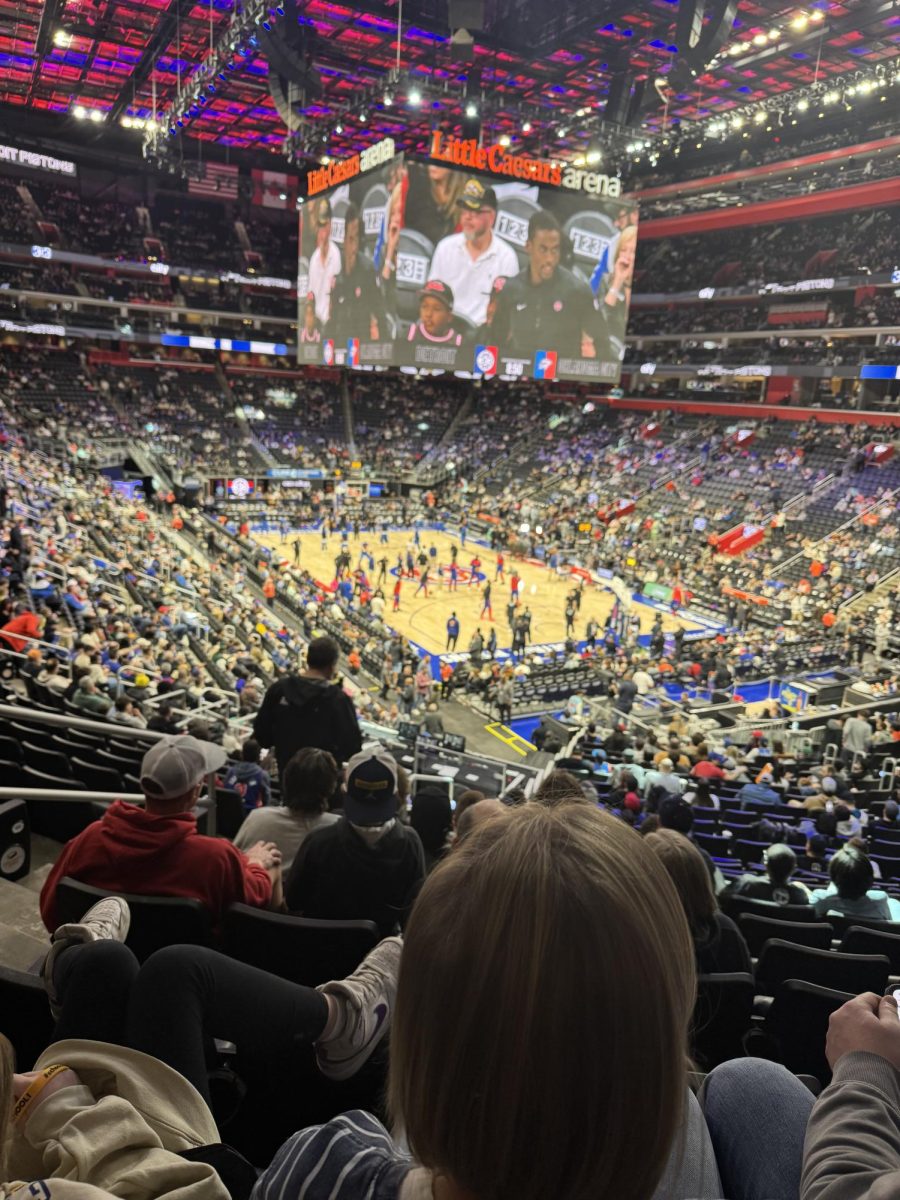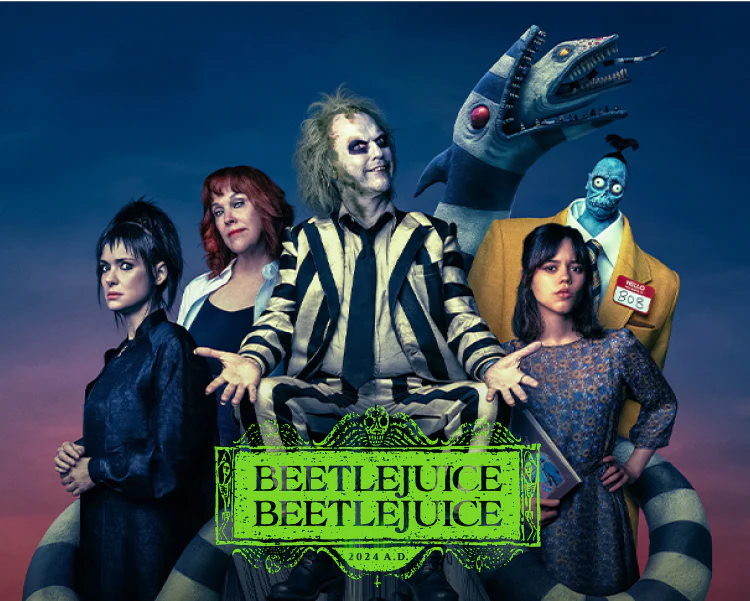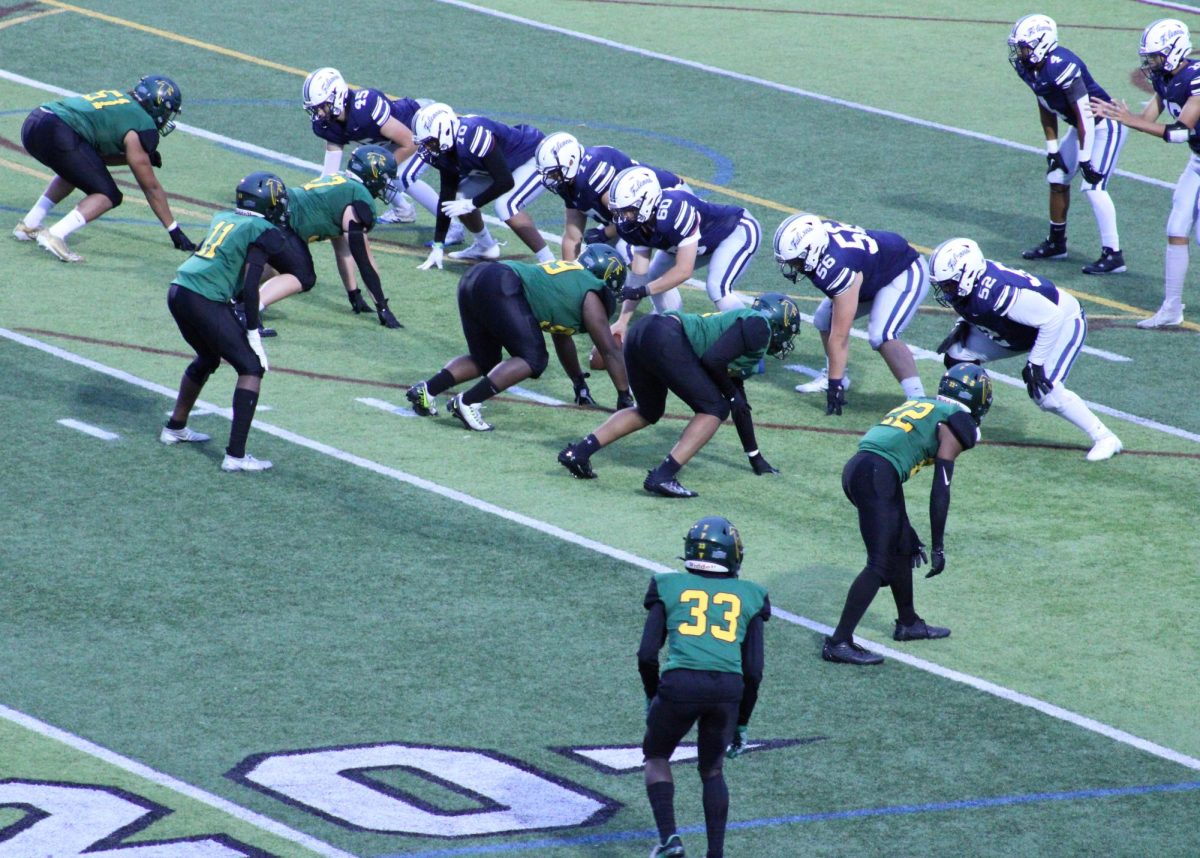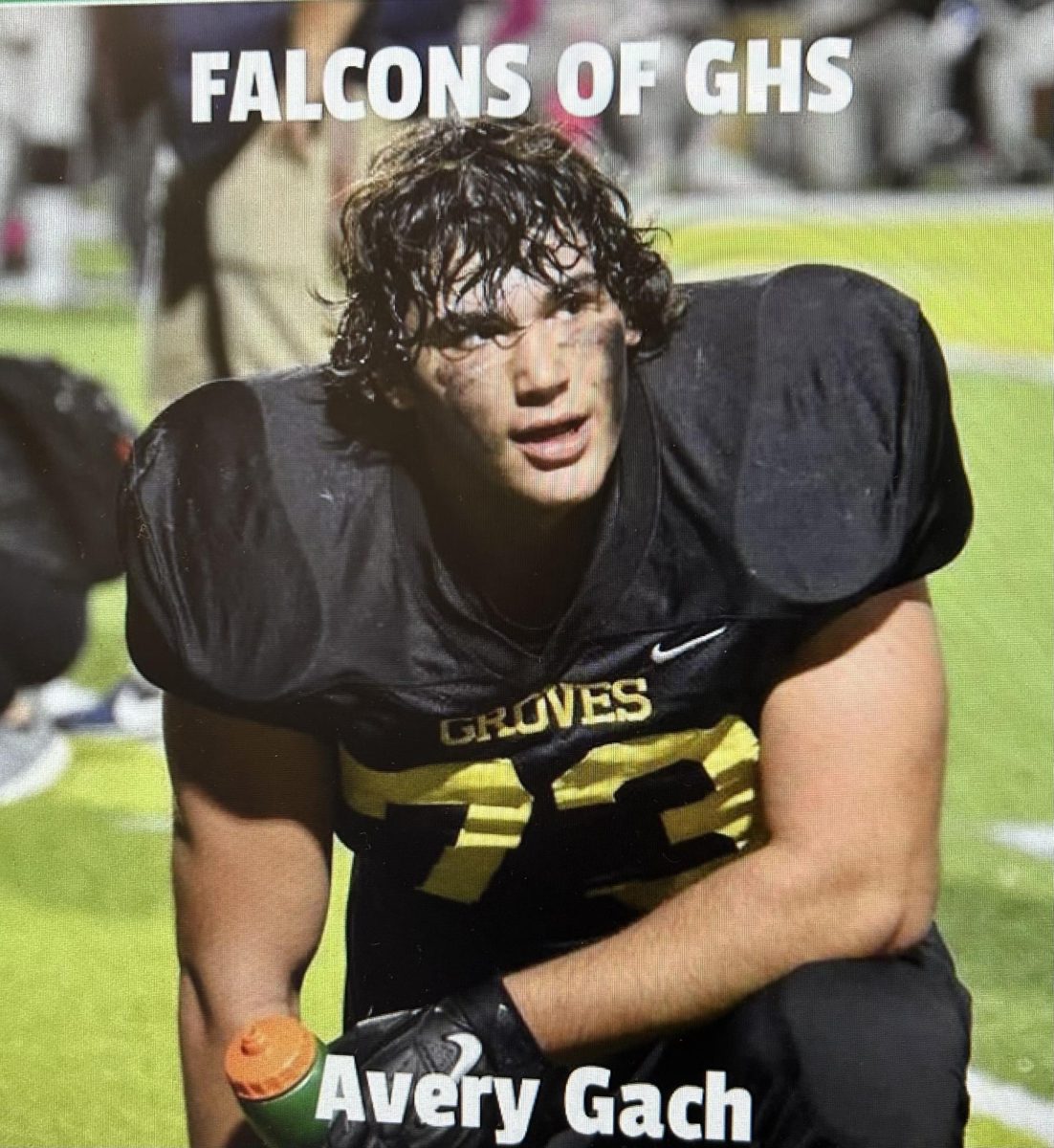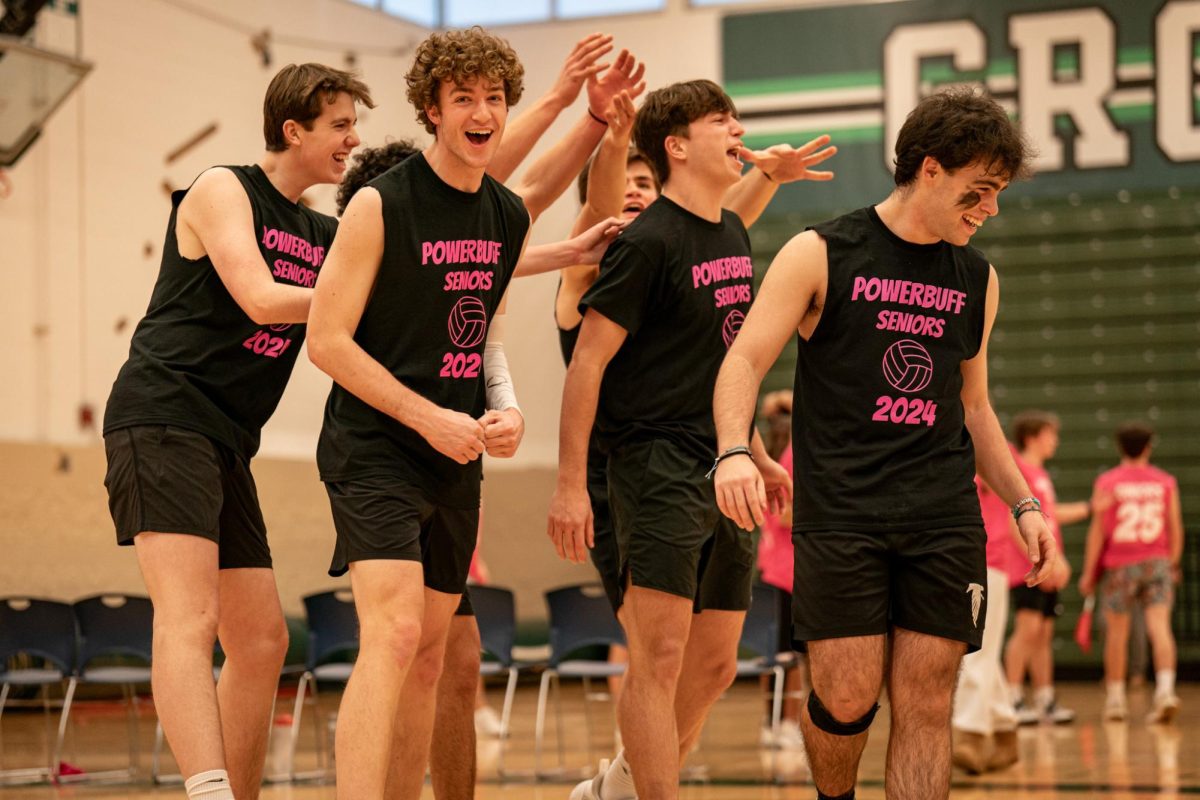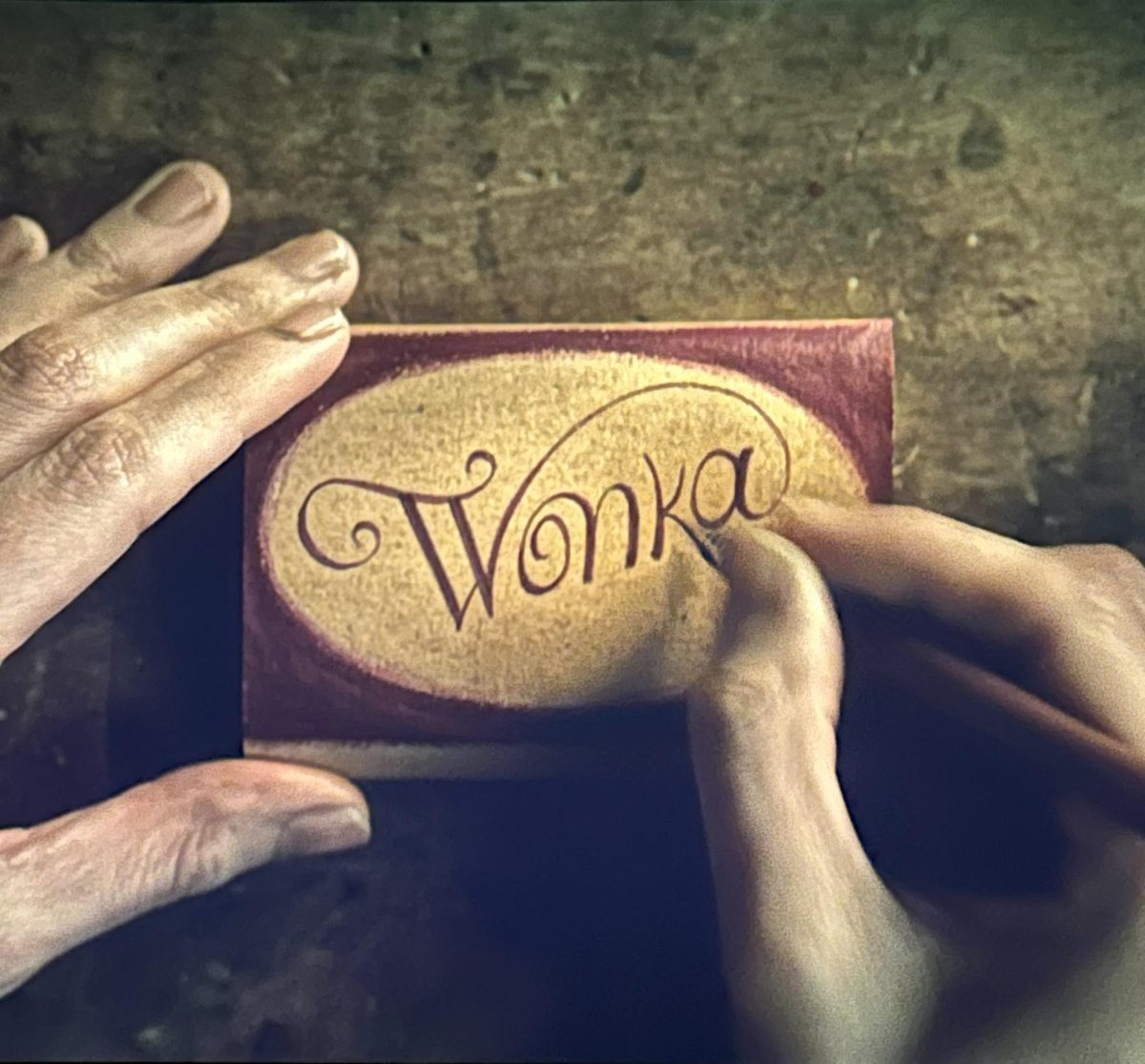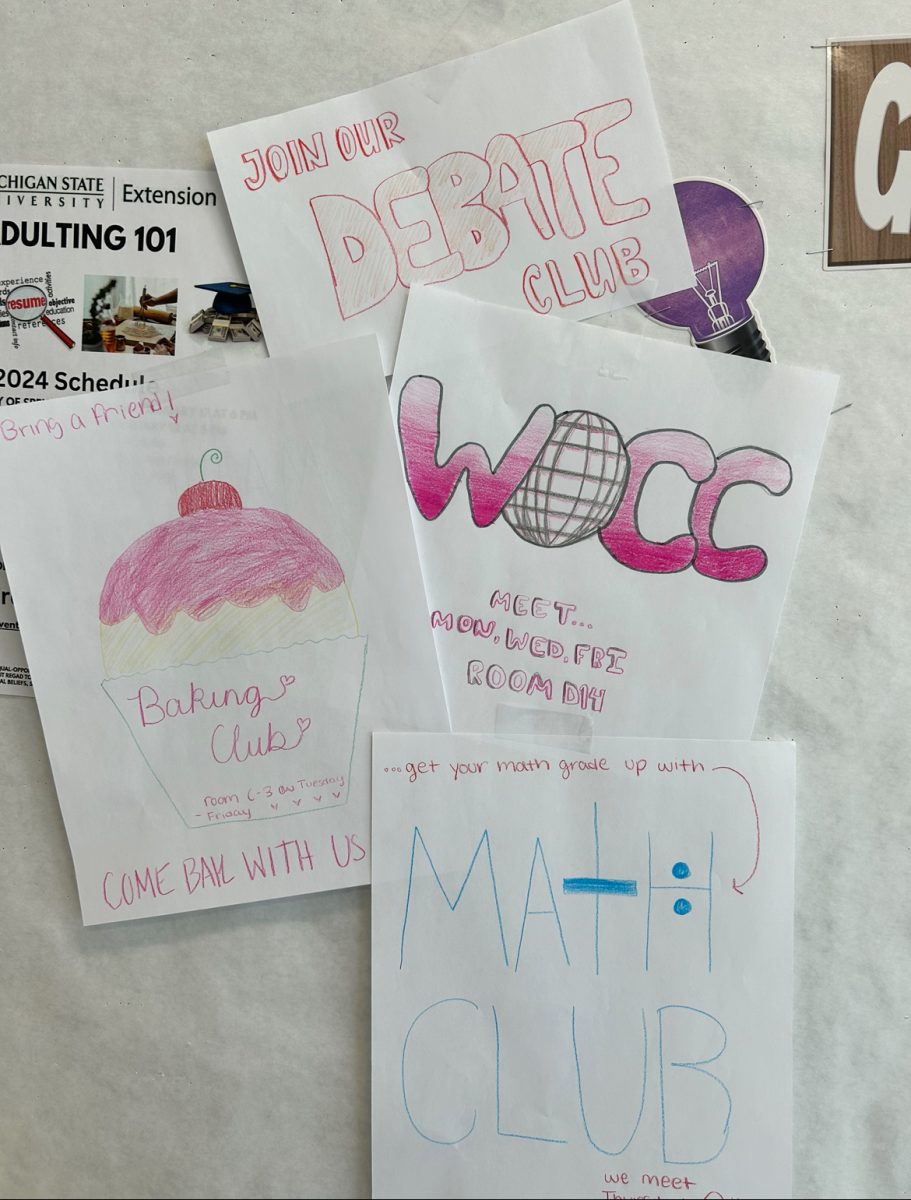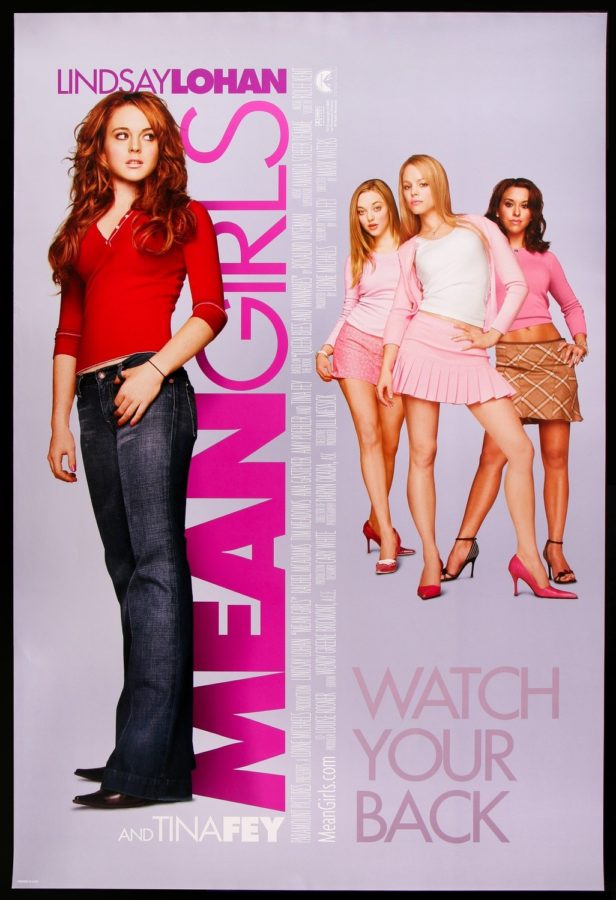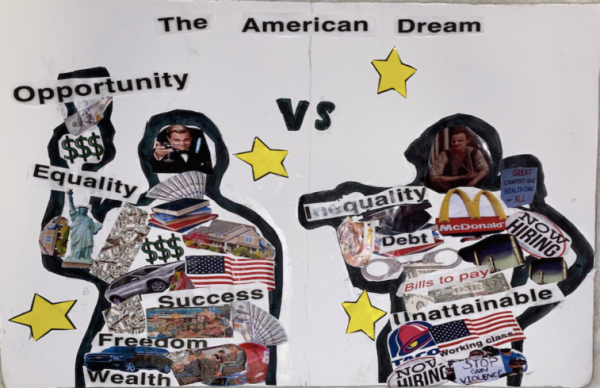High school movies vs high school in reality
Drama, relationships, cliques, popularity; some of the most important things that make up your typical high-school movie. But are these really part of the real high-school everyday life? Were they important years ago? While I can’t speak from experience about what high-school was like in the 80s-early 2000’s, I know what high-school is like now in 2021. The movies get it right some of the time and get it wrong at other times.
A classic, dark comedy film from 1989 captured the importance of popularity from a high schooler’s perspective: Heathers. This is one movie with unexpected plot twists and an ending that no one could predict. There’s your basic popular squad that everybody worships and aspires to be, similar to the more current movie, Mean Girls. Along with the main girls, there’s the character that gets bullied relentlessly, the popular football boys, the mysterious male love interest and the main character. The main premise of the movie is popularity and how students would go as far as to committing suicide in order to achieve it.
Popularity is a common theme in most high-school movies and while some might argue that it’s important in real life, I’d argue that it isn’t. While it seems like high-school is our entire lives, it isn’t, and it eventually comes to an end. If you were considered “popular” in high school, what are you after you graduate? In Heathers, suicide became a trend after the people who were actually murdered gained more and more fame. When something as horrible and upsetting as sucide becomes a way to get to the top of the social ladder, this solidifies the idea that people will do anything and everything to achieve popularity. I would say most schools have the people who everyone considers to be popular, and it’s a word that we throw around carelessly. In the movies, popular people are conveyed as better than everyone else and people worship them. In real life, those who are considered popular aren’t better than anyone else, simply equal, and it’s definitely not something people should be committing suicide over. By having people go as far to the point of suicide, Heathers satirizes the need for popularity. The movie turns suicide into something light-hearted and common for comedy purposes, but I think Heathers also sheds light on suicide and helps bring awareness to it.
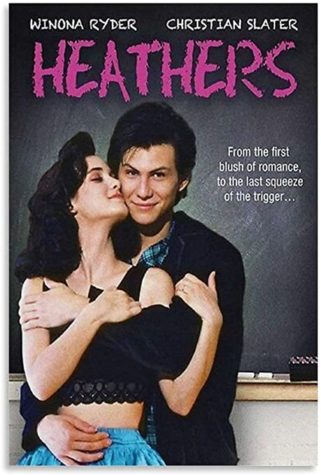
In Mean Girls, popularity is also the main theme but with a more current representation on it. Like Heathers, it revolves around 3 girls who basically rule the school. People worship them and do anything to be like them. While Mean Girls wasn’t as dark as Heathers and didn’t go to the extent of suicide, it followed the story of the new girl in school who gets in with the mean girls. Her friendship with the mean girls was a joke at first, until she started to actually become one of them and ditch her real friends for them. She learns the laws of popularity that divide the school into tightly knit cliques such as jocks, popular girls, band kids, etc. By the end of the movie, she realized the genuity of her friends that weren’t considered popular, and ended up going back to them once she understood that popularity wasn’t something that really mattered. The perception of popularity in the movie differed completely from the experience the main character had when she was friends with the mean girls. Perception is the key to popularity.
On a lighter note than Heathers, the Disney movie-musical, Lemonade Mouth, deals with themes such as family, friendship, and battling social norms. The movie revolves around a group of teenagers, all from very different backgrounds and family life, who come together and become a band. Their band expresses themselves through their music and focuses on the importance of self-expression. Self-expression is an important part of high-school. It’s easy to want to blend in with everyone else, whether it’s the clothes you wear or the people you’re friends with; No one wants to stand out. People are afraid to branch out of their social groups in real high-school life because they’re too comfortable with what they know and are afraid of judgement they could potentially face for being friends with someone who is different from them. Outside of high school, you’ll find that everybody is different and there’s no more cliques like there are in high school. In order to truly be content, you first have to be yourself, which is a message that Lemonade Mouth tries to express. How can you be yourself when you’re trying to be like everyone else?
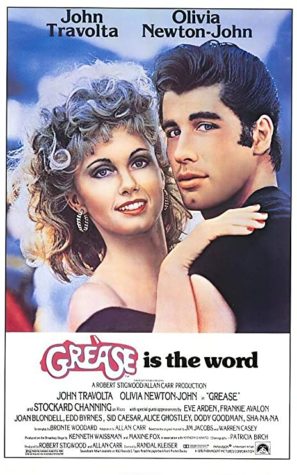
Next I watched the movie Grease, which is on a completely different end of the high-school movie spectrum. Although I’ve seen this movie many times before, I was interested to watch it in a new perspective; Grease focused more on the topic of high-school girls and how they go out of their way to impress the guys they like. This movie musical, which dates as far back to 1978, is known to be a fun and light-hearted movie, but actually deals with serious topics that many girls in high-school would be able to relate to. The main character, Sandy, gets influenced by a group of girls at her new school in order to impress her summer romance. She went through a lot to change herself in order to impress the boy, which is something a lot of girls would do today in order to get the person they like to like them back. There’s a scene in the movie where the girls are all having a sleepover and they get Sandy to throw up in order to be thinner for Danny, her crush. This is unfortunately something common that happens now in real life, girl’s trying to change themselves and do things that harm their well-being in order to get their crush’s attention. Many teenage girls develop eating disorders as they’re going through high school because they see how other girls look on social media and aspire to look like them, causing them to go as far as starving themselves in order to achieve that impossible goal. They also put Sandy in a skin tight black leather outfit and heavy makeup, again, to impress Danny. First hand, I know what it’s like to go out of your way in order to impress the guy you like. On days I knew I’d see the guy I used to like, I’d purposely dress in the tightest clothes I could, even though I was only a freshman. Girls are incredibly easily influenced by the affection and attention of the people they like which is a theme that appears throughout Grease.
Another movie that deals with the idea of changing yourself in order to look better for other people: The Duff. The rundown of the movie is about a girl who realizes she’s the “Duff” of her friend group: Designated ugly fat friend. Upon realizing this, she ditches her friends, who didn’t even realize that they made her the duff of the group, and she decided she would change herself physically and mentally so she wasn’t the duff anymore. The movie revolves around the premise of changing yourself to impress other people, in this case, the guy she liked. While watching this movie, it made me think: “Why do girls have to change everything about themselves in order for boys to like them?” This move actually managed to represent real high school correctly. I know a lot of people who feel that they stand out of their friend group, people who feel like “the ugly friend.” I’ve even fallen victim to feeling like the duff of my friend group. Every day I’d wonder what I could do to make myself prettier and make boys notice me. Makeup and clothes and money going down the drain on things that are supposed to make you prettier. While they may enhance your physical looks, the importance is what’s on the inside, which the main character realizes at the end of the movie.

After watching all these high-school movies, I noticed a common theme in almost all of them: they all have a “popular group” that, in essence, rules the school. Popularity is a main theme in high school movies, but is it a part of real high school? When people hear the word “popular,” they likely think about the group of boys and girls that throw parties, and wave to everyone in the hallway. The pretty people who get good grades while looking effortlessly perfect. The ones who never wake up late or have bad days. This idea is so far from reality, and it’s finally time we stop romanticizing the idea of being popular and perfect and focus more on what it’s really like to be a teenager in highschool, without all the singing.
Your donation will support the student journalists of Wylie E. Groves High School. Your contribution will allow us to purchase equipment and cover our annual website hosting costs.






